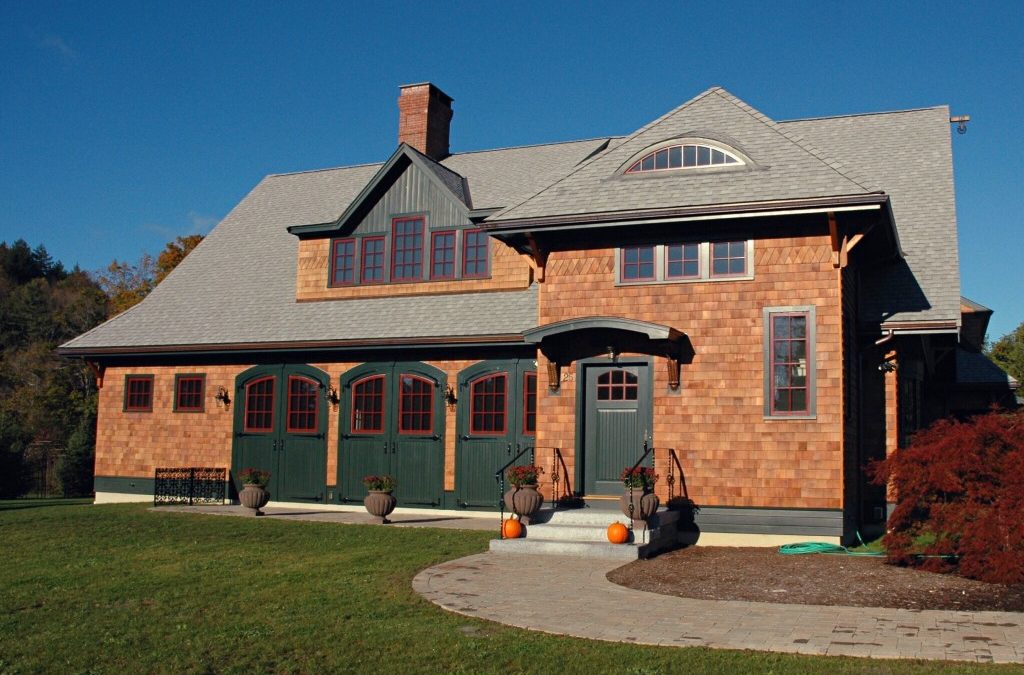Writer and Contributor: Holly Clark, First Care
Dementia is something that many of us have been affected by. In fact, it is now the biggest cause of death for women. However, there is still a lack of awareness of the illness. The project coordinator at FirstCare, Jane Byrne, points out that there are many causes of dementia. The Most common is Alzheimer’s, though the symptoms of dementia can also be caused by a series of strokes, known as vascular dementia. If a loved one is diagnosed with Alzheimer’s disease or dementia, it is important to get some legal advice as soon as possible. A senior lawyer can ensure that all of the necessary legal documents are available and that you have the correct legal advice. This is of course dependent upon whether your loved on is still competent and supports you in pursuing claims from the state which will help you to put their affairs in order.
This guide on protecting your family members with Alzheimer’s disease or dementia aims to provide you with some information and, hopefully, answer a few questions on creating a safe home for those with Dementia.
Caring for relatives with a serious illness
In addition to a nursing home, there are other options for a more personalized care plan for family members:
- In-Home Nursing
Home nurses can be employed through an agency. If you want to pay for services using Medicare or Medicaid, the carer must be employed by a licensed agency. Using an agency is often the best long-term choice for home care, because the agency processes all documents, will help you file income tax receipts, and they will also sort out any other eventualities, e.g. replacing a staff member if they are ill.
The home services sponsored by Medicare generally do not meet all of the patient’s needs, so you may need to supplement it out of your own pocket. This is because Medicare only includes support services for a few hours, one to three days a week.
- Adult Foster Care
This is an option to help you look after your loved one while you are working during the day. Adult care centers are usually very expensive, but costs can be covered by Medicaid as part of the IM rejection program.
- Assisted Living
Assistant living centers are ideal for people in the early stages of Alzheimer’s disease or dementia. Professional medical staff can help the patient to take a bath, eat, take medicine and wash. Your loved one can create a home environment in their living space, and there are opportunities for the residents to spend free time and meet people. The disadvantage of assisted living is that almost all expenses have to be covered by private payments, except for those that receive government benefits and benefits for veterans.
- There is no place like home
If you decide to bring your loved one into your own home, it is important to take into account the impact of this on the privacy and day to day life of your family whether this is only you, your partner or even your kids. It is also advisable to consider whether your home is a safe place for a loved one with Alzheimer’s disease.
The environment can profoundly affect the behavior of a patient with Alzheimer’s disease.
The temperature of a room, the quality of the light, and many other factors can have an impact. Thus, if you decide to care for your loved one in your own home, you may want to think about the ambiance of your home, and how to make it more calming and restful.
There are many people who can help you make the right decision for your loved one: carers, other members of your family, family assistance programs and geriatric care centers. If you are taking on the role of a carer, it is important to admit that you cannot do it alone, and equally important to know when to ask for help. It is also very important to provide time for maintaining your own health: give yourself the space to distress. If you take heed of this advice, then you will be more likely to create a safe home for your loved one.
Contacting Home Safety Services for an at-home falls prevention assessment is a great first step.

